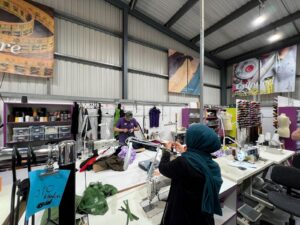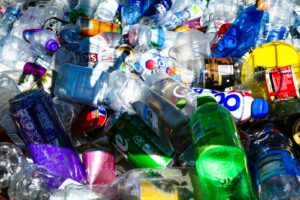New inquiry to tackle electronic waste in the UK
The Environmental Audit Committee has re-launched an inquiry into the disposal and recycling of electronic waste.
E-waste is the fastest growing waste stream in the world, it has surged in recent years due to rising consumer demand and decreasing costs for electronic devices.
An estimated 50 million tonnes of electric waste was generated in 2018 and this figure is projected to more than double by 2050.
E-waste can contain up to 60 different metals and chemicals which can be hazardous if they contaminate soil or pollute water. However, the waste can also contain many valuable materials, which if disposed of correctly can be recovered and recycled.
Electronic waste in the UK is currently managed under the EU’s Waste Electrical And Electronic Equipment (WEEE). DEFRA sets annual targets for the collection of the WEEE across a range of categories.
The inquiry will consider if these targets are achievable and will look at the challenges that UK producers face in meeting these targets.
It will also look at what action the government can take to prevent the illegal export of waste to the developing world and will consider if UK public awareness on e-waste is satisfactory and if not, how it can be improved.
Chairman of the environmental audit committee, Philip Dunne said: ‘From being woken by electronic alarm clocks and putting the kettle on, to working on laptops and messaging on our mobile phones, we are constantly using electric devices.
‘The desire to upgrade our devices continuously, coupled with the poor design of some products, is creating a growing mountain of electronic waste.
‘Many gadgets are wrongly discarded in household bins destined for the dump or incineration rather than recycling.
‘If the UK is to maintain its position as a world leader in protecting the environment, we have to manage our e-waste better and make the transition to a more efficient circular economy. This new inquiry will consider what consumers and industry can do to minimise e-waste and increase how much of it we resell or recycle.’
In related news, mobile phone company O2 has diverted over three million devices from landfills through its recycling program, which encourages consumers to dispose of their old phones sustainably and responsibly when upgrading.
Photo Credit – Pixabay















